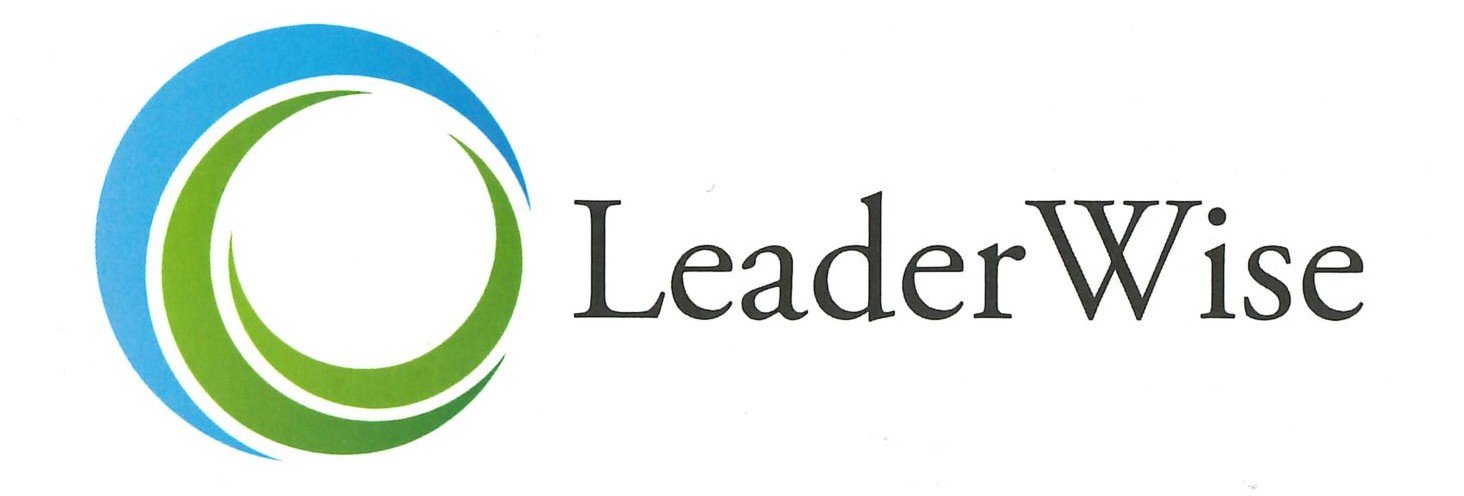Another Way: The Self-Differentiated Leader
Recently I called my sister-in-law who lives in southern California. The temps that week were well over 100° F, and a fire was threatening a place dear to her heart. “How are you doing?” I asked her. As the director of a nursery school, she shared with me that the high temperatures meant that they had to make the tough decision to close schools in their first week back. Parents were irate! She was also juggling sudden staffing issues (forget about giving good notice) and updating necessary health policies before the Fall sicknesses began. On top of that, the most recent school shooting had sent some parents into anxiety attacks about their children’s safety.
My sister-in-law sighed heavily and then said with defeat, “I feel like everyone is demanding that I am ultimately responsible for their safety, health, happiness, and well-being in a world that is on fire. And in this case, it is literally on fire!!!” I both laughed and cried with her.
As a former parish minister, I knew that feeling all too well. How often do our communities require us, as their leaders, to be a steadying force, a purveyor of hope, and a bellwether for change? It feels like a truly impossible task. Consequently, I hear more and more good people with hard-won experiences exiting leadership roles. Too much is expected of them, and they want out of this impossible responsibility.
What if there were a different way to lead?
A way that equipped you to deal with the anxiety in the system
A way where you understood with utmost clarity what was your responsibility—and what was not
A way that centered your values and beliefs
A way where you were accompanied by other leaders
There is another way: It’s called self-differentiated leadership. And at that moment in my phone call, I almost registered my sister-in-law for LeaderWise’s October series called The Self-Differentiated Leader.
Self-differentiated leadership, according to Edwin Friedman, is the emotional process of regulating your own anxiety. It is grounded in the boundary work of knowing where you end and another begins. Anxious systems want to focus anxiety on a particular person—often the leader. Self-differentiated leaders don’t take on the emotional anxiety of another person or a community. They leave it with the people who are creating the anxiety. Self-differentiated leaders learn to show up differently in the system, and when one shows up differently, the system has to respond. A self-differentiated leader doesn't dismiss the anxious person; they remain connected and relational but very intentional. Interestingly, this self-differentiation stance has the ability to calm other people and the larger community because the leader doesn’t contribute to the anxiety.
A few years ago LeaderWise was working with a congregation. One member kept interacting with fellow congregants, specifically the leadership, in a bullying way. We worked with their governing board on self-differentiation, and they began acting differently towards their bully. After several months of consistent self-differentiated leadership, the member left their leadership roles because they could no longer get away with bullying behavior. The anxiety in the congregation dissipated.
Audre Lorde once said, “I am who I am doing what I came to do.” Self-differentiated leaders know who they are. They know what they came to do. They keep their focus there.
How is your world, good leader? Does it feel like it's on fire? Is the anxiety in the system overwhelming to you? Have you lost your sense of what you came to do? There is another way. Become a self-differentiated leader. This October, make that investment in your leadership.
Self-Differentiated Leader Series
Thursdays in October (Oct 3, 17, 31)
1:30 - 3:30 PM Central Time, $249

